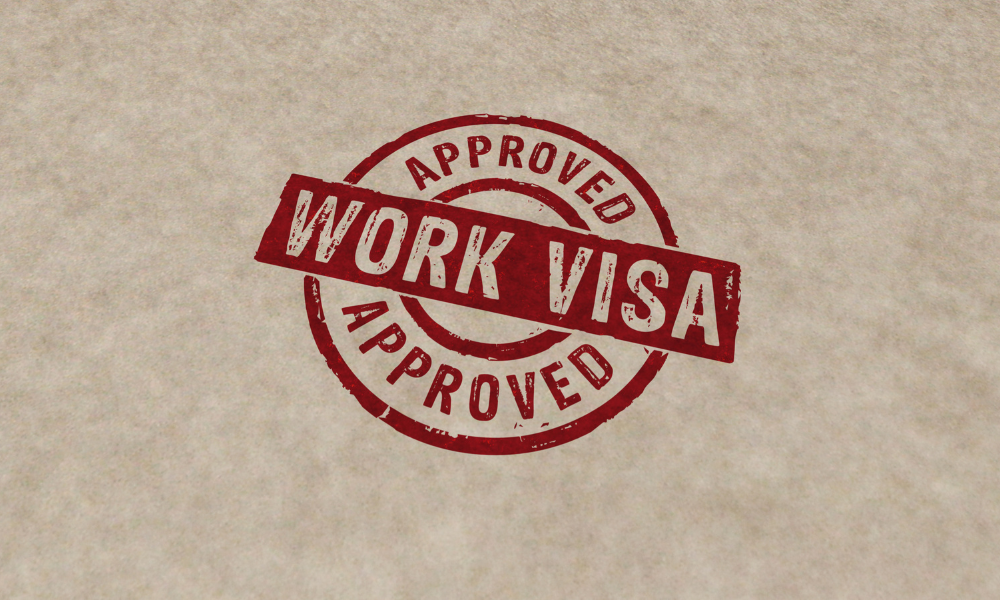Groups calls on federal government to ensure 'migrants have equal rights'

Just weeks before the federal government is scheduled to announce its planned permanent resident admissions for the next two years, several stakeholders are calling on officials to provide “equal rights” for migrant workers.
"No conversation about changes to immigration policy or levels should take place without ensuring that migrants have equal rights and the power to exercise those rights," Byron Cruz, with Vancouver-based Sanctuary Health, said, according to a CBC report.
"That is only possible through permanent resident status."
Karen Cocq, with the Migrant Workers Alliance for Change, said at a news conference Wednesday, according to the same CBC that "without permanent resident status, migrants are left vulnerable to abuse, exploitation, and in some cases, even death."
According to the report, researchers expect the government to reduce how many people it admits each year, down from about 485,000 in 2024.
In the second quarter of 2024, Canada had over 1.34 million migrant workers, according to data from Statistics Canada (StatCan).
Also, since Sept. 26 this year, Ottawa is refusing to process Labour Market Impact Assessments (LMIAs) in the low-wage stream under the Temporary Foreign Worker (TFW) Program in census metropolitan areas with an unemployment rate of 6% or higher.
There have been numerous stakeholders that have been calling on the federal government to grant migrant workers permanent residency, saying that it will give their better protections as they work in Canada.
The TFW program opens workers to risks of various forms of slavery, according to a previous report from the United Nations (UN).
“The Temporary Foreign Worker Program serves as a breeding ground for contemporary forms of slavery, as it institutionalizes asymmetries of power that favour employers and prevent workers from exercising their rights,” said Tomoya Obokata, UN Special Rapporteur on contemporary forms of slavery.
‘Those programs really are set up as temporary’
However, one researcher said that the temporary foreign worker programs are designed not to give migrant workers permanent residency.
"Those programs really are set up as temporary," said Sandra Schinnerl, a migration studies researcher at the University of British Columbia,, in the CBC report.
"They're set up to find temporary labour and then have them go back, so they purposefully don't have these pathways."
Meanwhile, one expert previously hit back at critics of the program.
“There's a lot of groups out there who criticize the program, and some of them just don't know about the program. They just criticize everybody anyway,” said Ken Forth, president, Foreign Agricultural Resource Management Services (FARMS), in talking with Human Resources Director.
He noted that these workers enjoy a variety of rights in Canada. For those who work on Ontario farms, for example, their rights are well-established under the Seasonal Agricultural Worker Program – which FARMS has been using – and other temporary worker programs, he said.
“They also are protected by the Immigration and Refugee Protection Act, which ensures that their rights are upheld, besides the fact that their ministries of labour are in the country and come and see the workers at different times of the year,” he says.
“They don't have any more rights than we do, but they have it from two different directions to make sure that it is of help.”





